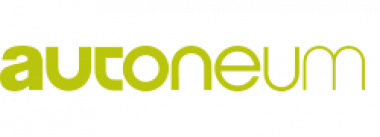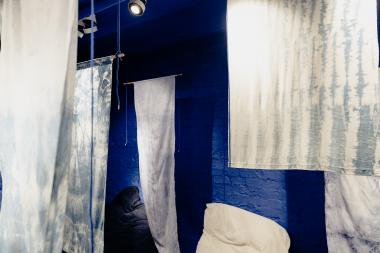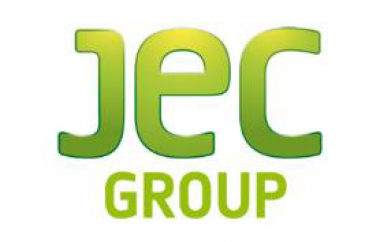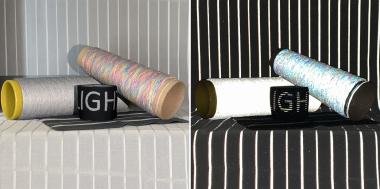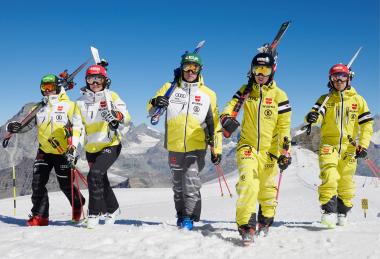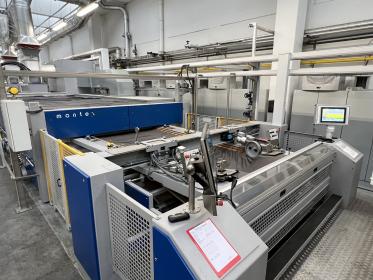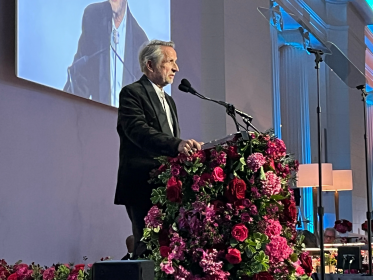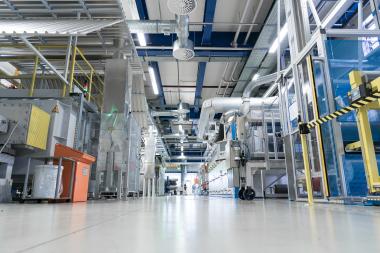Highlights of the Global Fashion Summit Singapore Edition
Hosted outside of Copenhagen for the first time in its 13-year history, on 3 November, Global Fashion Summit assembled over 250 stakeholders representing manufacturers, garment workers, retailers, brands, suppliers, NGOs, policy, and innovators in Singapore and online to spur industry action. The Summit was presented by Global Fashion Agenda (GFA), the non-profit organisation that is accelerating the transition to a net positive fashion industry.
The latest edition of the Summit was centred around the theme ‘Alliances for a New Era’, building on dialogues from the June edition in Copenhagen and gathering leaders from across the entire value chain to elevate diverse voices and foster alliances within the fashion industry and beyond, to drive sustainable impact.
The Summit’s first international edition facilitated more conversations with manufacturer and supply chain voices to discuss crucial challenges and opportunities around working collaboratively with brands on equal terms. The programme featured bold panels, case studies, masterclasses and leadership roundtables reflecting on topics including ‘Data Scarcity: A Crisis of Measurement?’, ‘Disruption for Better Wage Systems’, ’Community and Circularity’, ‘Connecting the EU Textiles Strategy with the Value Chain’ and ‘Our Energy Transformation Moment’.
Attendees heard from over 50 speakers including H.E. Sandra Jensen Landi, Ambassador of Denmark to Singapore & Ambassador-Designate of Denmark to Brunei; H.E. Iwona Piórko, Ambassador of the European Union to Singapore; Anne-Laure Descours, Chief Sourcing Officer, PUMA; Baptiste Le Gal, Chief Revenue Officer APAC, Vestiaire Collective; Christian James Smith, Head of Sustainability Stakeholder Engagement, Zalando; Ninh Trinh, Director of Responsible Sourcing & Sustainability, Target; Roger Lee, CEO, TAL Apparel; Wilson Teo, President, Singapore Fashion Council; Edwin Keh, Chief Executive Officer, The Hong Kong Research Institute of Textiles and Apparel, Ashila Dandeniya, Founder, StandUp Lanka; and more.
Key takeaways and highlights from the event include:
- Global Fashion Agenda announced a new alliance with BBC Storyworks Commercial Productions to launch a film series on BBC.com, which is currently in the early stages of development. The new series will present human-centric stories focusing on both social and environmental sustainability in the fashion industry. It will be released to a wide audience in 2023.
- Federica Marchionni outlined the crucial need for accurate and robust data to substantiate sustainability claims and credentials but acknowledged that the focus on finding ‘perfect’ data cannot be allowed to stifle progress. Global Fashion Agenda will build upon Summit discussions to reflect on how the industry can accurately measure and communicate sustainability performance and illuminate the data credibility challenges.
- The session ‘Establishing circular fashion systems in Cambodia & Vietnam’ outlined the first steps taken by the Global Circular Fashion Forum to establish circular fashion systems in Vietnam and Cambodia with regional stakeholders, government, brand and manufacturer representation.
- Throughout the Summit, the Innovation Forum connected fashion companies with sustainable solution providers. Exhibitors included Better Work , Circular Fashion Partnership, Compreli, Kno Global, Planatones by Noyon Lanka, Redress Design Award and The ID Factory.
- Through conversations such as ‘Disruption for Better Wage Systems’ and ‘Empowering the Worker Majority’, there was a resounding message for people to consider the real people in the value chain. Ensuring dignified livelihoods for these workers should have the same sense of urgency as emissions reductions.
Global Fashion Agenda














